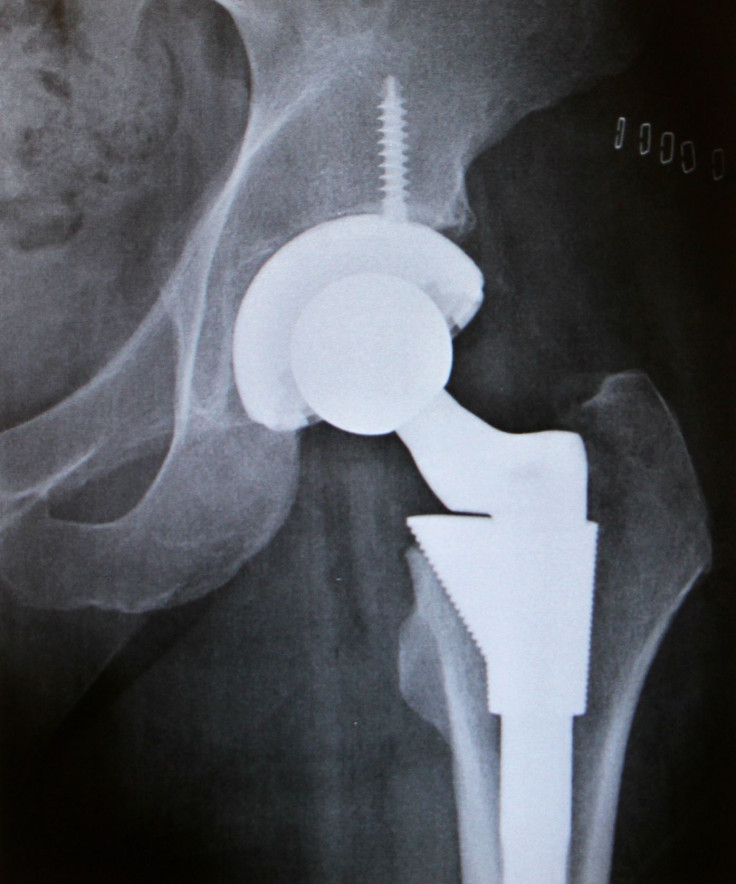Hip Replacements Made Safer With New Allergy Test [Video]

A new allergy exam from physicians at National Jewish Health in Denver could prevent thousands of hip and knee implants from being rejected by their recipients. The procedure is presented in a study released today in the Journal of Allergy and Clinical Immunology.
Of the 1 million hip and knee replacements that occur each year, about 100,000 -- or 10% -- will fail because of an allergic reaction. Most reactions are caused by the metallic materials used in the implants or bone cement used in surgery.
The symptoms start shortly after the procedure.
"I had horrible itching and intense pain throughout my body," said Paula Spurlock, a patient at National Jewish Health who discovered she was allergic to her implant in 2011.
"I couldn't take it. Every single thing in me itched."
Joint replacements are typically made from metal, plastic, or ceramic. Patients need to know if they have an allergy before they have surgery, so they can decide which type of implant to put into their bodies.
The current procedure for assessing metal allergies is to administer a skin patch test. A liquid mixture of the potential offending agent is wiped on a pad that is taped to the skin for approximately 72 hours. If a reaction occurs, then the person is allergic.
The main problem with the skin patch test is its duration. A person who has broken their hip, especially if they are elderly, is dealing with a serious medical emergency and may not have the 3 to 5 days that it takes to conduct a skin test. Plus some hospitals aren't equipped or staffed to perform the procedure.
The researchers decided to develop a simple blood test that could detect allergies to nickel, a common material used in joint implants. There are many advantages to using a blood test.
"First of all it's much easier," said lead author Dr. Karin Pacheco, an allergist at National Jewish Health. "You can send the blood in and it will get developed quickly, and you won't need to have somebody available who knows how to do the patch testing."
To validate its accuracy, they compared it in a side-by-side analysis to the skin patch test.
This innovative allergy exam could identify people with nickel allergies about 70% of the time relative to the skin patch test and had an accuracy of 98% at distinguishing people without allergies.
While more analysis is needed, this new blood test could help thousands of patients in the coming years. More than 11,000 people a day are expected to have implant surgeries by 2030, so the demand, from a public health perspective, would be enormous.
The authors hope the blood test will be approved and widely used in the next couple of years.



























